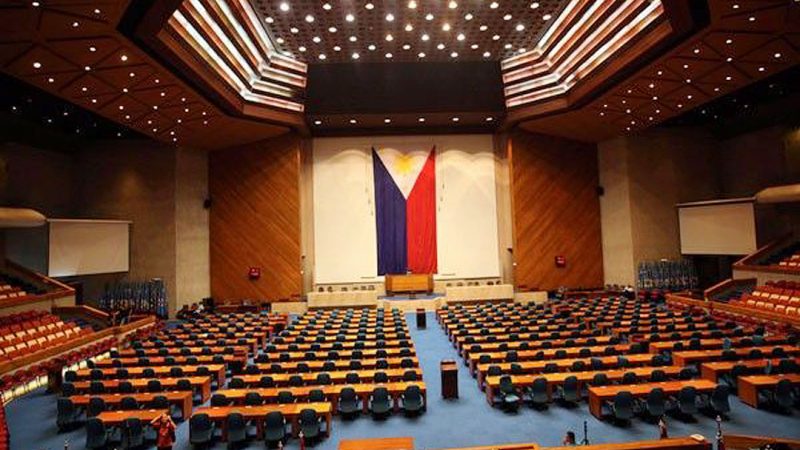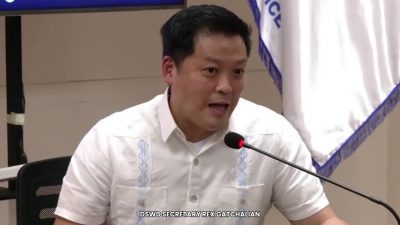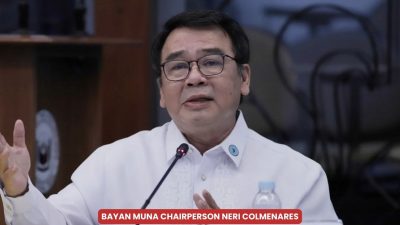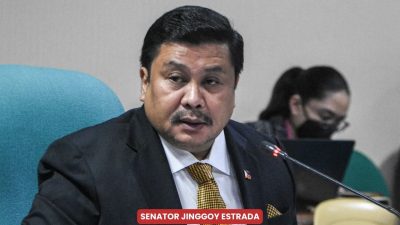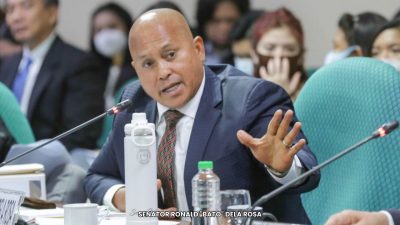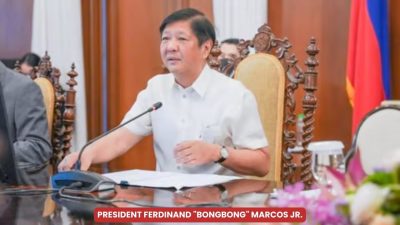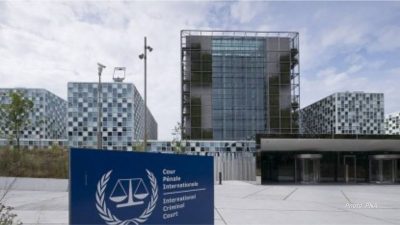MANILA – The Marcos administration is actively engaging with Congress to ensure the passage of “game-changing” tax laws aimed at driving economic growth, according to Socioeconomic Planning Secretary Arsenio Balisacan on Thursday (04 April 2024).
“In 2024, the economic team will vigorously advocate for the enactment of essential next-generation reforms to further facilitate the transformation of our economy and ensure sustained inclusive growth,” Balisacan stated during a Palace press briefing.
Balisacan emphasized that the current administration is committed to pushing for comprehensive tax administration reforms designed to modernize and streamline the Philippine tax system.
He highlighted ample opportunities for enhancing tax administration efficiency within the country.
“We need to be pragmatic in identifying the necessary tax measures to accelerate Philippine economic growth. Improving tax administration and identifying readily implementable tax measures are key priorities,” Balisacan remarked. “Moreover, addressing our debt concerns becomes feasible with robust economic growth.”
Balisacan underscored the close collaboration between the Executive branch and Congress to enhance economic efficiency and effectiveness through the enactment of new fiscal measures.
He noted the joint efforts of the Legislative-Executive Development Council to prioritize debt and fiscal measures.
“We are diligently collaborating with our counterparts in Congress to pass pivotal legislation spanning various sectors, fulfilling our commitment to advancing the Executive and Legislative’s Common Legislative Agenda,” Balisacan affirmed.
“We will supplement these efforts by working closely with Congress to enact priority tax reform measures, refining revenue mobilization strategies to better align with the country’s fiscal needs and prevailing domestic circumstances,” he added.
In a separate statement, the Development Budget Coordination Committee (DBCC) highlighted the potential of enhanced tax administration reforms to enhance the government’s revenue performance by modernizing and enhancing the efficiency of the Philippine tax system.
The DBCC outlined several reforms, including the value-added tax on non-resident digital service providers, the excise tax on single-use plastics, Package 4 of the Comprehensive Tax Reform Program, rationalization of the mining fiscal regime, and reform of the motor vehicle user charge.
(By El Amigo/MNM)

